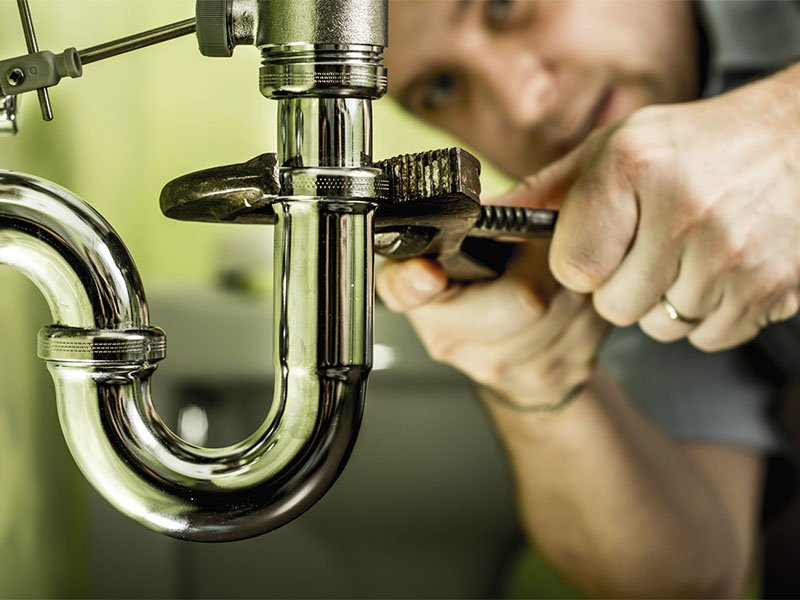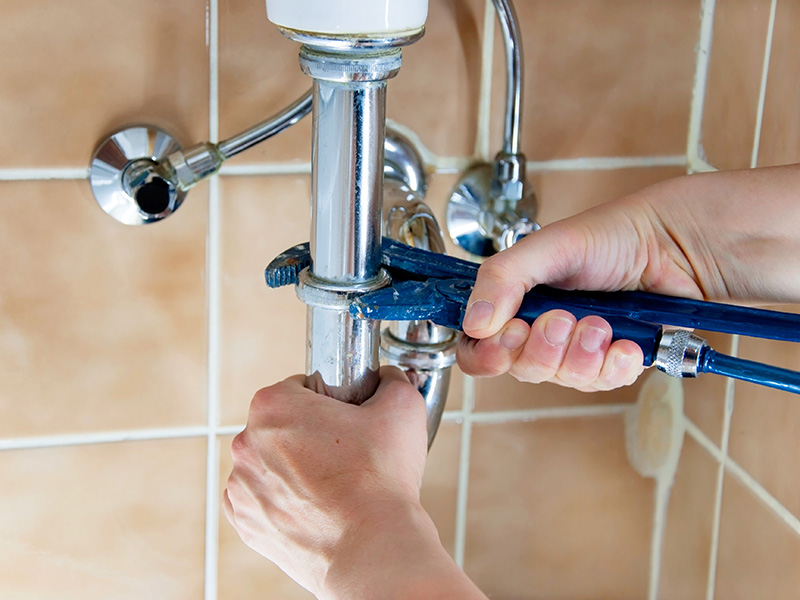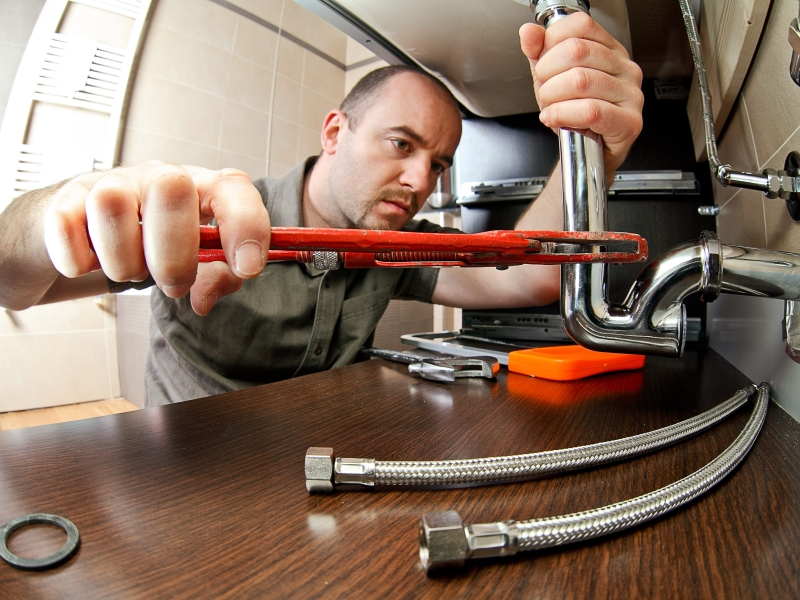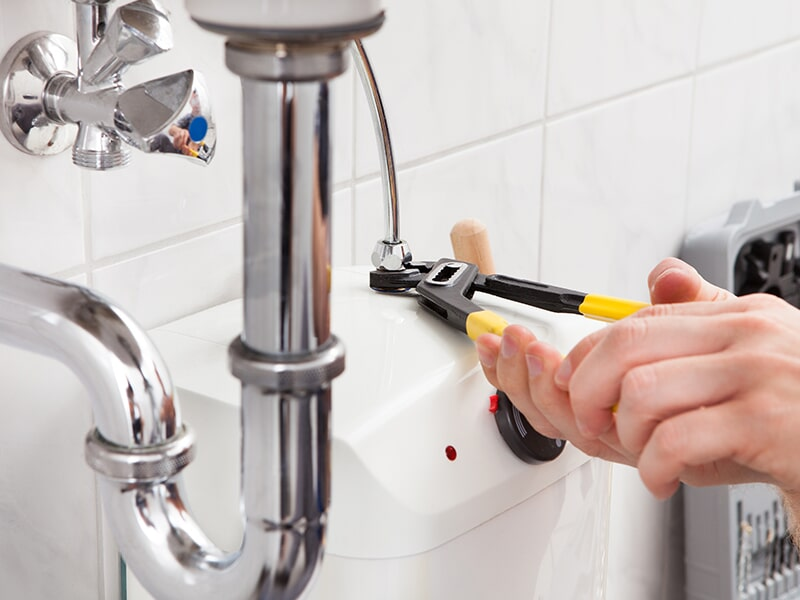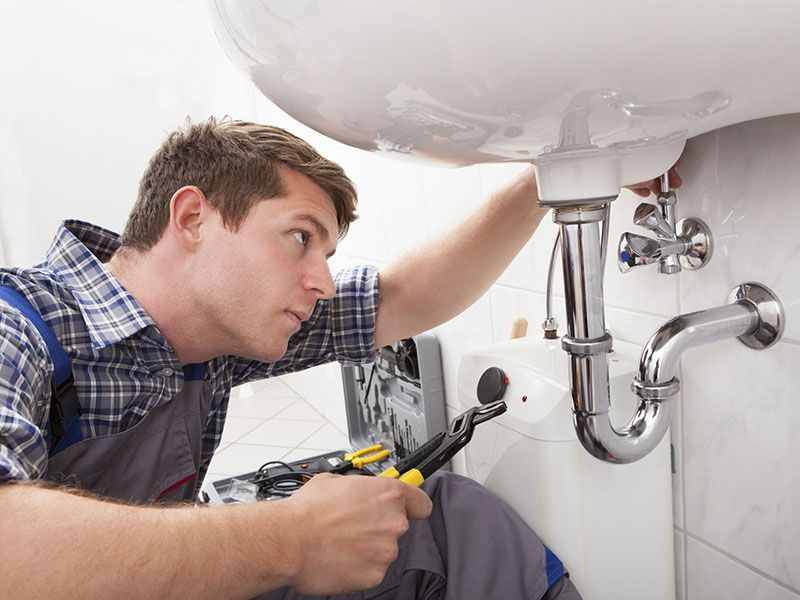The Lifeline of Modern Civilization
Introduction (70 words): Plumbing, often taken for granted, is an integral part of our everyday lives. From the moment we turn on the faucet to the flushing of a toilet, plumbing systems ensure the smooth flow of water, sanitation, and overall comfort within our homes, workplaces, and public spaces. In this article, we will explore the significance of plumbing, its historical evolution, and the critical role it plays in maintaining our health, hygiene, and the functioning of society.
A Journey through History (90 words): The origins of plumbing can be traced back to ancient civilizations such as the Indus Valley and Mesopotamia, where early plumbing systems featured rudimentary clay pipes and drainage channels. However, it was the Roman Empire that revolutionized plumbing with the development of aqueducts, sewers, and public baths. Over the centuries, plumbing techniques advanced, and during the Industrial Revolution, the advent of modern materials like iron, copper, and lead brought new possibilities for pipe manufacturing, allowing for more sophisticated plumbing systems to be installed.
The Pillars of Modern Plumbing (100 words): Modern plumbing systems rely on a few fundamental elements: water supply, drainage, and ventilation. These interconnected components work together seamlessly to ensure the efficient delivery of fresh water, the removal of waste, and the prevention of foul odors. Water supply lines, typically connected to a municipal water source, distribute water to various fixtures such as sinks, showers, and toilets. On the other hand, drain lines carry waste and used water away from the premises, while ventilation pipes facilitate air circulation and prevent the buildup of harmful gases within the plumbing system.
Health and Sanitation (90 words): The impact of plumbing on public health cannot be overstated. Access to clean, potable water is essential for drinking, cooking, and personal hygiene, reducing the risk of waterborne diseases. Adequate sanitation, made possible by efficient plumbing systems, prevents the spread of harmful bacteria and viruses, safeguarding communities from epidemics. Additionally, plumbing infrastructure plays a vital role in disposing of wastewater safely, ensuring environmental sustainability and preventing contamination of water sources. The provision of clean water and effective sanitation through plumbing has been instrumental in improving life expectancy and enhancing overall quality of life.
Innovation and Sustainability (100 words): In recent years, plumbing technology has seen remarkable advancements driven by the pursuit of sustainability and efficiency. Water-saving fixtures, such as low-flow toilets and faucets, have become increasingly common, reducing water consumption without sacrificing performance. Greywater recycling systems harness and treat water from showers and sinks, enabling its reuse for irrigation or flushing toilets, conserving precious resources. Furthermore, the integration of smart technology into plumbing systems allows for real-time monitoring, leak detection, and automatic shut-off valves, minimizing water wastage and preventing costly damages.
Conclusion (50 words): Plumbing is not merely a network of pipes and valves but an indispensable lifeline that sustains modern civilization. From the grandeur of ancient aqueducts to the innovations of the present day, plumbing has evolved to meet the ever-growing needs of society. It continues to be the cornerstone of health, hygiene, and convenience, ensuring our daily lives flow smoothly and sustainably.

